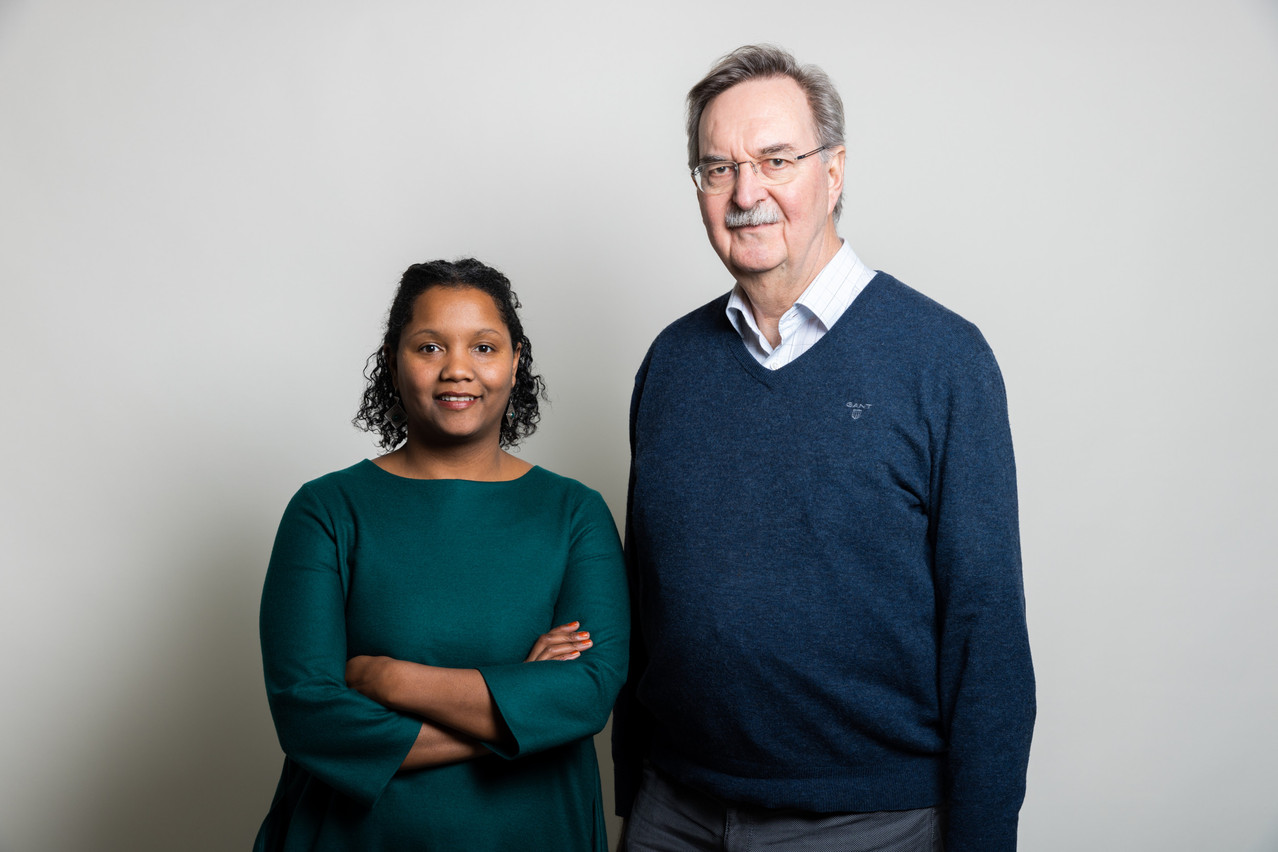Déi Lénk’s candidates Guy Foetz and Ana Correia Da Veiga discuss their top priorities for the city and integration in the capital.
Top 3 priorities
Increase the share of affordable rental housing: “We want to rapidly increase the share of affordable rental housing from 2.5% to 10%,” says Guy Foetz, who currently represents déi Lénk on the Luxembourg City council. New neighbourhoods at Porte de Hollerich and the former Josy Barthel stadium should “serve as incubators for this change.” The city, he says, “has the means to invest in affordable housing,” with budget reserves and surpluses totalling more than €1bn.
Reduce carbon emissions: Carbon emissions from buildings account for 12% of the capital’s carbon footprint. “We will start with the city’s own buildings” to retrofit them and switch to renewable energies. Tenants and landlords should be systematically informed and encouraged to do the same but also supported, taking into consideration their financial means.
A child- and teen-friendly city: Introducing a 30km/h speed limit across the capital, “except a limited number of arterial roads,” and 20km/h near schools should make the capital’s streets safer for children and teenagers. Déi Lénk want to have “at least one public crèche in each neighbourhood” and enough places in school daycare. Also part of the plan is encouraging better collaboration between different institutions, such as daycare centres, music schools and club, “to guarantee access and transport.”
A city app for teens would help to bring youth together and “give teenagers an overview of the offers available to them.” Children and teenagers should also “feel at home in the city’s cultural institutions,” says Foetz, “regardless of their backgrounds.” Having more local libraries with books in different languages and stories from different cultures would help this process, he adds.
Integration matters
Optimism and anger: “I’ve been active in déi Lénk since 2013,” says Ana Correia Da Veiga. Becoming involved “was the result of both optimism and anger. My anger came from the realisation that the parties in power are not interested in reducing inequalities. My optimism is based on the belief that the change starts at the local level, in the neighbourhood.”
Schools, diversity, languages: To better integrate foreigners, public elementary schools should be “vectors of social unity and equal opportunities,” she says. There should be more neighbourhood spaces to create and disseminate cultural diversity, and council meetings should be translated from Luxembourgish to French and vice versa.
An alternate version of this article first appeared in the of Delano magazine.
